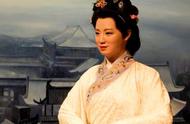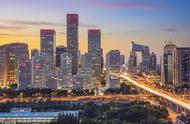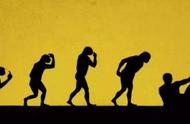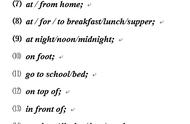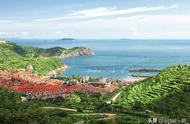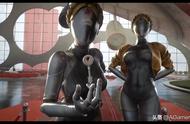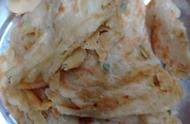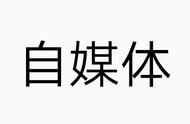9.the与某些形容词连用,使形容词名词化,代表一类人或物。注意:作主语时,谓语一般用复数形式,但表示抽象概念时谓语动词用单数。
the old老人/the poor穷人/ the blind盲人/the sick病人/the wounded/伤员/the good好人/the beautiful美丽的事物。
He set up a school for the deaf and the dumb. 他创建了一所聋哑学校。
Tht rich get richer and the poor get poorer.富人越来越富,穷人越来越穷。

10.固定用法the 比较级 the 比较级,表示越..越..
The more I read the book,the more I liked it.这本书我越看越喜欢。
The sooner,the better.越快越好。
11.用在the same/the only/the very结构中,表示强调。
This is the very book I want.这就是我想要的那本书。
That's the only reason.那是唯一的原因。
We are in the same class.我们在同一个班级。
12. 用在固定短语中的人体部位名词前,例如:catch sb by the arm抓住某人的手臂/hit sb in the face打某人的脸/pat sb on the back拍某人的背,等等,此类结构中的身体部位前。

13.用在由普通名词构成的国家或机构等专有名词前。
the People’s Republic of China中华人民共和,/ the United Nations联合国。
14.用在某些公共建筑物名词前。
the White House白宫,the Great Wall长城/the Great Hall of the People人民大会堂
15.报刊、杂志、书籍、会议、条约前。
The People's Daily 人民日报/The New York Times 纽约时报/The Times 泰晤士报

16.用在海洋、江河、山脉、海峡、海湾等地理名词前。
the Pacific Ocean太平洋/the Yellow River黄河/the West Lake西湖/the Taiwan Straits台湾海峡/ the Himalaya Mountains喜马拉雅山/ the Hainan Island海南岛。
17.在中国传统节日前。
The Spring Festival春节/The Dragon Boat Festival端午节/The Mid-autumn Festival中秋节。
18.用在整十的复数基数词前,表示几十年代。
The story happened in the sixties.这个故事发生在六十年代。
19.用在某些习惯用语中。
in the afternoon在下午, at the beginning起初,go to the cinema去看电影,by the way 顺便说一下,等等。
注:不使用定冠词的情况:三餐、四季、进行球类活动;还有湖泊前一般不加the,只有多个湖才加the,但是教材中出现了the West Lake西湖,大家注意。

